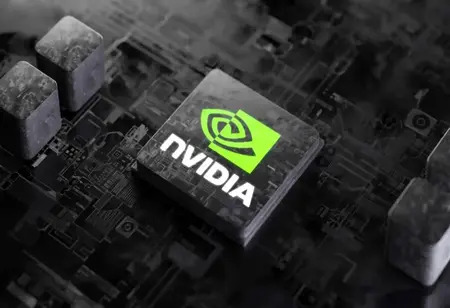
China Advices Firms to Avoid Nvidia H20 Chips in New Guidance


China has advised local firms to steer clear of Nvidia Corp.’s H20 processors, especially for government-related uses, complicating the chipmaker’s efforts to recover billions in lost revenue from China, alongside the Trump administration’s unprecedented initiative to transform those sales into a windfall for the US government.
In recent weeks, Chinese regulators have issued warnings to various companies advising against the use of less-advanced semiconductors. The directive was especially firm regarding the prohibition of H20s for any work related to government or national security by state-owned or private firms, according to the sources.
Alongside Nvidia, Beijing's broader initiative influences AI accelerators from Advanced Micro Devices Inc., according to one source, though it remains uncertain if any letters explicitly referenced AMD's MI308 chip.
Also Read: Spacetech Startups Propelling Modern Space Innovation
Both firms recently obtained Washington’s authorization to restart sales of lower-end AI chips to China, under the contentious and legally dubious condition that they provide the US government with a 15 percent share of the associated revenue. Currently, Nvidia and AMD are dealing with the issue that their Chinese clients are experiencing pressure from Beijing to refrain from these purchases.
Beijing's correspondence with companies contained several inquiries, including why they opt for Nvidia H20 chips instead of local substitutes, whether that decision is essential considering domestic selections, and if they have encountered any security concerns with the Nvidia equipment.
Also Read: 5 Pioneers of Japanese Automotive Industry You Should Know About
The announcements align with state media reports that question the security and dependability of H20 processors. Chinese regulators have addressed these concerns directly with Nvidia, which has consistently rejected the notion that its chips have such vulnerabilities.
Currently, China’s strictest chip regulations are confined to sensitive uses, resembling how Beijing limited Tesla Inc. cars and Apple Inc. iPhones in specific institutions and areas due to security issues. The Chinese government previously prohibited the use of chips from Micron Technology Inc. in essential infrastructure.

